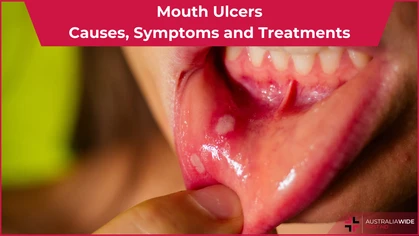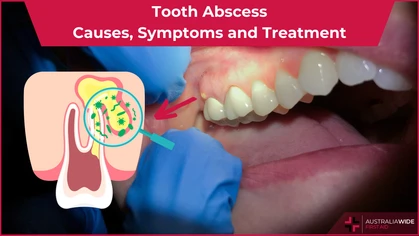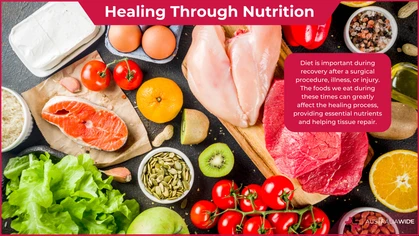7 Best Foods to Boost Your Immune System

General Health-Related
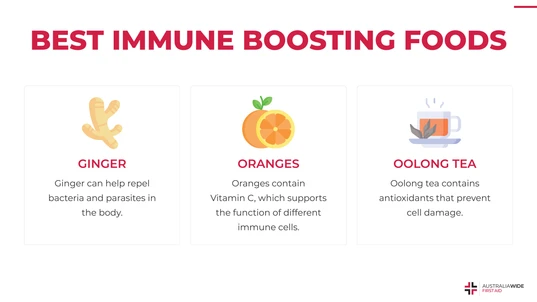
The immune system is designed to protect the body from infection-causing invaders like bacteria, viruses, and fungi. You can add certain foods to your diet to boost your immune system and combat infection.
The immune system is made up of many different cells and organs that work together to accomplish a single goal: to fight infection. The outside invaders that cause infection in the body are germs. These germs are bacteria, viruses and fungi. When the bacteria and viruses enter the body, the body recognises the invaders and sends their “policemen”, the white blood cells, to attack and get rid of them before they can grow, multiply in number and make you fall sick. The immune system consists of the skin, bone marrow, thymus, lymphatic system, spleen and other organs. The skin is the first line of defence. The bone marrow produces the red blood cells that carry oxygen, the white blood cells that combat infection and the platelets that help blood in the clotting process. The thymus produces a type of whilte blood cells called T-lymphocytes. T-lymphocytes and B-lymphocytes travel in the lymphatic system, looking for bacteria and virus invaders to attack. The spleen produces white blood cells and antibodies to fight the pathogens (disease-causing organisms). To help your immune system fight off the pathogens, you can add more foods that boost the immune system in your diet. In this article, we will cover 7 foods to boost your immunity.1. Berries
Berries contain high amounts of polyphenol compounds called anthocyanins. It is a natural pigment that plants have and it gives them their colour. Studies have found that anthocyanins are beneficial to the circulatory, nervous, immune and many other systems in the body. Anthocyanins also have anti-inflammatory and antioxidant properties. This helps to increase cytokine production and regulate immune responses. Anthocyanins support hormonal balance and strengthen the membranes of the body cells, making them stronger and less fragile when combating pathogens to prevent infection.2. Yoghurt
Yoghurt is rich in probiotics which helps to improve the digestive system. Probiotics are healthy beneficial bacteria that reduce any lower abdominal pain against constipation, diarrhoea and bloating. Yoghurt also has an effective amount of calcium that helps to boost stronger protection of our bones and teeth. This increases the absorption of important vitamins and minerals that reduces inflammation against common flu. Studies have uncovered that eating yoghurt containing low levels of fats supports weight loss, strengthens our immunity and prevents the likelihood of cancer.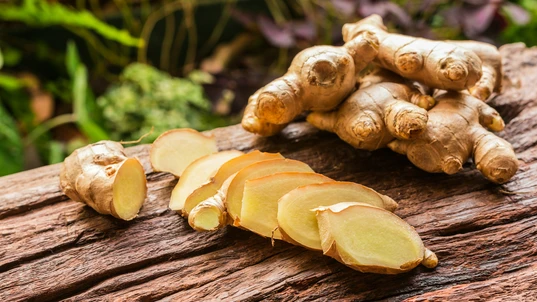
Ginger helps boost the immune system as it is antibacterial and anti-parasitic in nature. As such, it helps repel or kill bacteria and parasites in the body, and so reduces the risk of infection.
3. Ginger
Ginger is really great for your immune system. It is antibacterial and anti-parasitic in nature. The major health benefits of ginger are derived from the phenolic compounds that it contains. The main phenolic compounds are gingerols, shogaols and paradols. Fresh ginger contains a high amount of gingerols and after long-time storage, it will be converted to shogaols. Gingerol has anti-virus, anti-tumour, anti-inflammation and antioxidant properties. Several studies have found that ginger is an effective protector against oxidative stress and prevents diseases from occurring.4. Oolong tea
Oolong tea is a renowned traditional Chinese tea, made from the leaves of a Camellia sinensis plant. It is a partially oxidised or fermented tea where the tea leaves are exposed to the air for a period of time. It contains a high level of antioxidants that prevent the body cells from undergoing mutation. It also contains polyphenols which reduces the rate of cancerous cell division. Oolong tea helps to lower risk of certain types of cancers such as lung, liver and pancreas cancers.5. Oranges
Oranges are rich in vitamin C (ascorbic acid) and have antioxidant properties. Studies have shown that adding more vitamin C to your diet can raise the level of antioxidants in your blood by 30%. Vitamin C boosts the immune system by protecting neutrophils from oxidative stress and helping the neutrophils to destroy the bacteria or virus invader. It also protects lymphocytes, a type of immune cell, from oxidative damage, helping them to function effectively longer. It plays a vital part protecting the skin and strengthening the barriers of the skin.6. Spinach
Spinach contains vitamin E (tocopherol) and magnesium to boost the immune system and prevent diseases and infections. Vitamin E supports the growth of T cells also known as T lymphocytes which attack pathogens, infected cells and cancerous cells. Vitamin E helps to keep the immune system healthy. A recent study found that the level of magnesium in the blood is a vital factor in the immune system’s ability to fight pathogens since the T lymphocytes need a sufficient amount of magnesium to be able to function optimally.7. Nuts
Nuts contain antioxidants, zinc, copper, iron and vitamin B6. Research has shown that consuming nuts with proper moderation helps to reduce the risk of cardiovascular illnesses such as stroke and heart attack. Zinc helps to repair, rebuild and regrow any damaged tissue cells that boosts our immune system. Iron in red blood cells increases circulation of oxygenated blood in our body. Vitamin B6 promotes healthier improvement of our brain function by lowering the level of homocysteine.
As well as eating certain foods, exercising regularly can help boost your immune system. Regular exercise helps immune cells move through the body and make their presence last longer.
Lifestyle Choices that Support the Immune System
- Exercising regularly: Staying physically active and exercising regularly is one of the pillars of living a healthy life. Since it improves health, it also improves and supports the immune system.
- Maintaining a healthy weight reduces the risk of infection.
- Get sufficient and uninterrupted sleep
- Washing hands frequently: Washing hands with soap and water prevents the disease-causing germs from spreading and entering your body.
- If you eat home cooked food, make sure the meat is well cooked.
- Reduce stress.
- Get vaccinated.
Lifestyle Choices that Weaken the Immune System
- Lack of sleep.
- Too much stress: Stress increases the cortisol level in the body and if it stays continuously high for too long, it weakens the immune system, damages the body’s own cells, making you susceptible to infections.
- Drinking alcohol excessively: Although you may have a good and healthy diet, drinking too much can suppress certain immune responses and this weakens the immune system.
- Smoking.
- Sedentary lifestyle.
- Not spending enough time outside under the sun: Lack of vitamin D increases risk of infections and autoimmune diseases.
Final Thoughts
Learn more about how to proactively manage your health and wellbeing. Book a date to learn First Aid with Australia Wide First Aid today!
Originally published at
https://www.australiawidefirstaid.com.au/resources/best-foods-to-boost-immune-system
as part of the Australia Wide First Aid Articles Library






